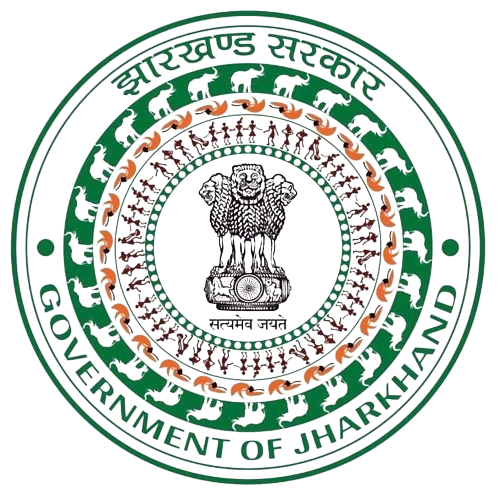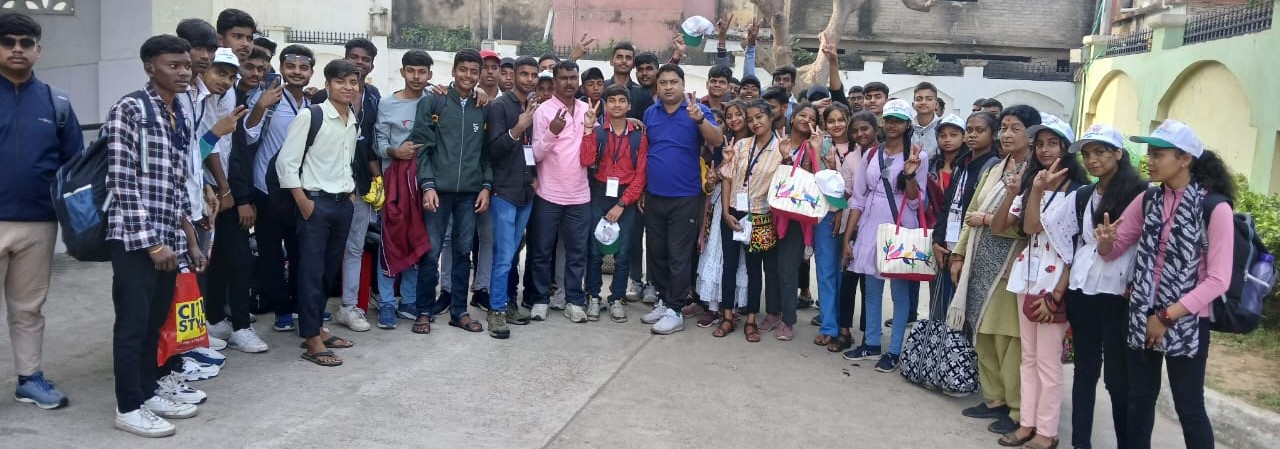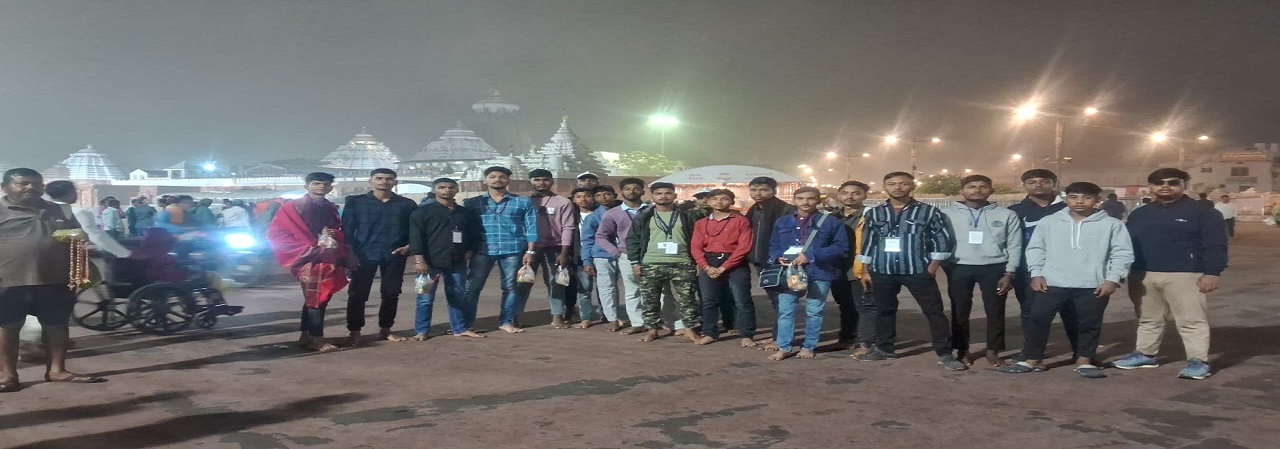About Engineering
Engineering is a diverse and dynamic field that combines creativity, science, and mathematics to solve real-world problems. Students pursuing an engineering stream are equipped with the skills to design, develop, and improve various systems, structures, and technologies that impact everyday life.
- Versatility and Career Opportunities:
Engineering offers a broad range of specializations such as civil, mechanical, electrical, computer, and biomedical engineering. This versatility opens up numerous career paths in various industries, including technology, healthcare, construction, and energy.
- Problem-Solving Skills:
Engineers are trained to think critically and solve complex problems. They use their analytical skills to find innovative solutions, making them valuable assets in any field they choose to enter.
- Innovation and Impact:
Engineers are at the forefront of technological advancements. They play a crucial role in developing cutting-edge technologies and infrastructures that drive societal progress and improve quality of life.
- Global Demand:
There is a constant global demand for skilled engineers. This ensures a steady stream of job opportunities and the potential for a lucrative career.
Eligibility Criteria for engineering (BE/BTech)
To apply for BTech IT, the applicants must meet the following eligibility requirements:
- Candidates must pass their 10+2 or equivalent exam with a minimum of 50 percent marks from a recognized institution.
- They must have majored in Mathematics, Physics, and Chemistry in high school.
- The pupils must pass the entrance exam cut-off. such as IIT-JEE, State government college - entrance exam, etc.
- Candidates seeking Lateral Entry into BTech. IT programs must first finish a diploma program from a recognized institution.
- For ultimate selection, most colleges and universities use Entrance Exams and Personal Interviews.
- Lateral entrance to the BTech IT program is also available at some universities.
- The entrance test application forms are usually published in December/January.
Entrance Exams
There are some entrance exams
- JEE Main- National Testing Agency (NTA)
- VITEEE- VIT University
- BITSAT- BITS Pilani
- SRMJEEE- SRM Institute of Science and Technology (Earlier known as SRM University)
- MET- Manipal Academy of Higher Education
- BITSAT- BITS Pilani
- KIITEE- Kalinga Institute of Industrial Technology
- WBJEE- West Bengal Joint Entrance Examinations Board
Branchs on Engineering
Here’s an overview of some key engineering branches:
-
1. Civil Engineering
- Design, construction, and maintenance of infrastructure
- Projects: Bridges, roads, dams, buildings, and water supply systems
-
2. Mechanical Engineering
- Design, manufacturing, and maintenance of mechanical systems
- Projects: Engines, machinery, tools, heating and cooling systems
-
3. Electrical Engineering
- Study and application of electricity, electronics, and electromagnetism
- Projects: Power plants, electrical circuits, communication systems, renewable energy sources
-
4. Computer Science & Engineering
- Design and development of computer systems and software
- Projects: Computer hardware, software applications, network systems, AI solutions
-
5. Chemical Engineering
- Conversion of raw materials into useful products through chemical processes
- Projects: Pharmaceuticals, petrochemicals, food processing, material development
-
6. Aerospace Engineering
- Design, development, and testing of aircraft and spacecraft
- Projects: Airplanes, helicopters, satellites, space shuttles
-
7. Chemical Engineering
- Conversion of raw materials into useful products through chemical processes
- Projects: Pharmaceuticals, petrochemicals, food processing, material development
-
8. Nuclear Engineering
- Works with nuclear processes, including power generation and medical applications.
- Projects: Nuclear reactors, radiation therapy systems, nuclear waste management.
-
9. Robotics and Automation Engineeringg
- Focuses on designing intelligent systems and robots.
- Projects: Industrial automation, humanoid robots, robotic surgery, drone technology.
-
10. Energy Engineering
- Deals with efficient production, storage, and distribution of energy.
- Projects: Solar power systems, wind turbines, energy-efficient buildings, battery technologies.
-
11. Textile Engineering
- Combines principles of engineering and science for textile production.
- Projects: Fabric manufacturing, dyeing and printing processes, sustainable textiles, smart fabrics.
-
12. Mining Engineering
- Involves the extraction of minerals from the earth efficiently and sustainably.
- Projects: Open-pit mining, underground mining, mine safety systems, mineral processing.
-
13. Agricultural Engineering
- Applies engineering principles to agriculture and food production systems.
- Projects: Irrigation systems, farm machinery, greenhouse technology, food processing equipment.
-
14. Marine Engineering
- Deals with the design, construction, and maintenance of ships and marine systems.
- Projects: Naval vessels, offshore drilling platforms, marine propulsion systems, underwater robotics.
-
15. Petroleum Engineering
- Involves the extraction of minerals from the earth efficiently and sustainably.
- Projects: Open-pit mining, underground mining, mine safety systems, mineral processing.
Careers After Engineering.
The most important part of enquiring about any course is what kind of job opportunities you will get after completing it. Doing B.Tech with any specialization is promising and it will give you long-term career growth. There are numerous jobs, and internships are available on these platforms to help and nurture the skills of a student and a professional. There is always a scope for higher studies as it enhances the salary package and improves the skills. Some of the popular job opportunities after completing B.Tech are as follows.
| Profile | Job Description | Average Annual Salary |
|---|---|---|
| Software Developer | Develops, tests, and maintains software applications and systems. | ₹ 4,00,000 - ₹ 12,00,000 |
| Civil Engineer | Designs, constructs, and maintains infrastructure projects such as roads, bridges, and buildings. | ₹ 3,00,000 - ₹ 10,00,000 |
| Mechanical Engineer | Works on designing, analyzing, and manufacturing mechanical systems and devices. | ₹ 3,50,000 - ₹ 9,00,000 |
| Electrical Engineer | Focuses on electrical systems, including power generation, transmission, and electronics. | ₹ 3,50,000 - ₹ 10,00,000 |
| Chemical Engineer | Involves in designing processes for producing chemicals, pharmaceuticals, and other products. | ₹ 4,00,000 - ₹ 8,00,000 |
| Aerospace Engineer | Designs and tests aircraft, spacecraft, and related systems and equipment. | ₹ 5,00,000 - ₹ 12,00,000 |
 Jharkhand Education Project, Dhanbad
Jharkhand Education Project, Dhanbad




